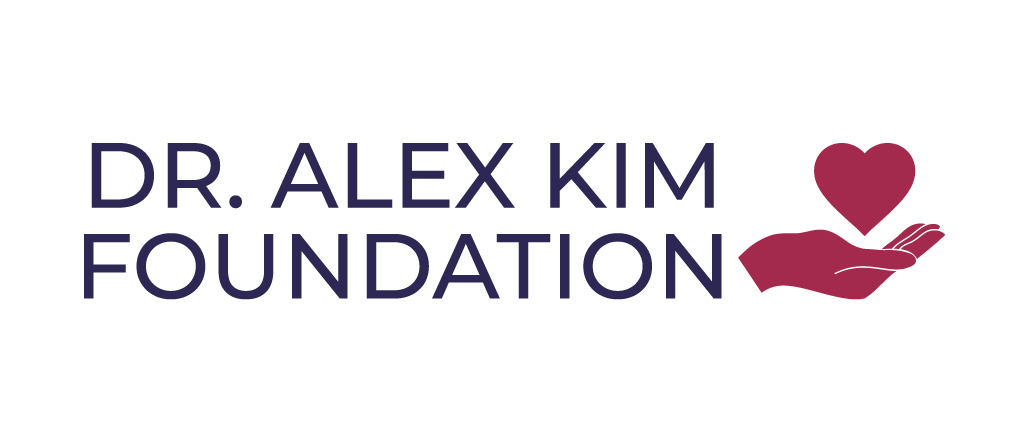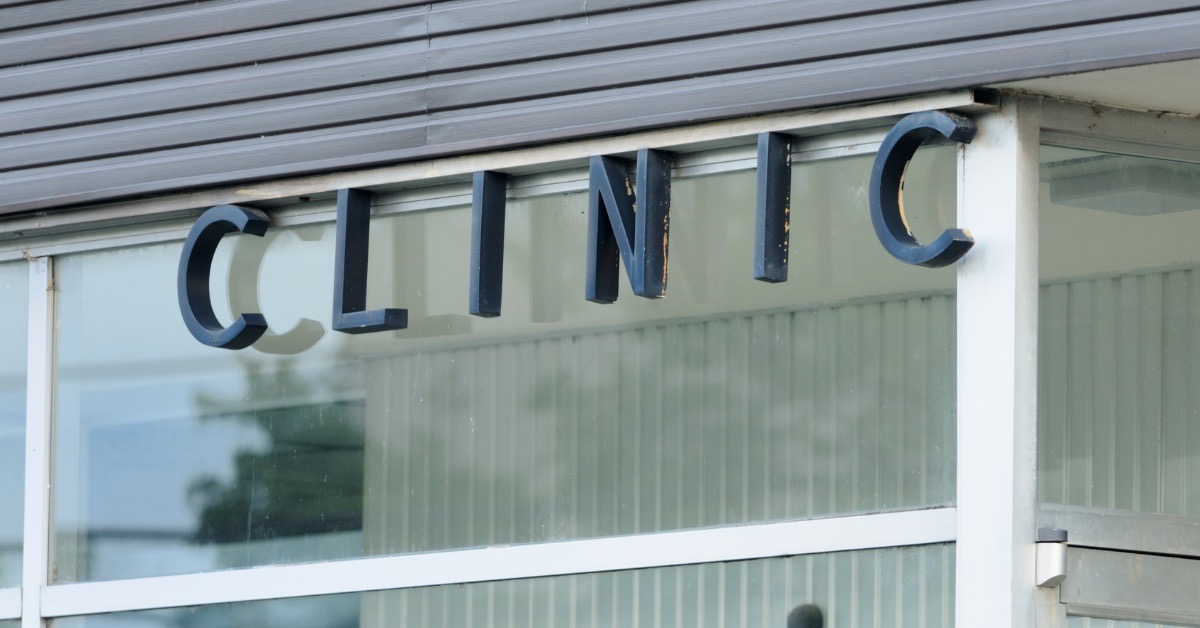Access to quality medical care is a fundamental right, yet millions of people across the country struggle to receive essential medical assistance due to financial limitations, lack of insurance, and geographic barriers. Health disparities disproportionately affect low-income families, marginalized communities, and individuals experiencing homelessness, leaving them vulnerable to preventable illnesses and chronic conditions. To bridge this gap, community clinics and health centers play a pivotal role in delivering equitable health care solutions to underserved populations.
At the Alex Kim Foundation, we recognize the urgent need for accessible medical assistance and have committed ourselves to supporting community health initiatives through our mobile clinics, free health fairs, and partnerships with local health centers. By providing community medical services to those in need, we aim to champion health equity and ensure that no one is left behind in receiving critical care.
The Importance of Community Health Care
Community health care goes beyond traditional medical services; it focuses on holistic, patient-centered approaches that address the social determinants of health, including housing stability, nutrition, education, and economic opportunities. Community clinics are lifelines for individuals who face barriers to accessing primary care, offering a range of services such as preventive screenings, vaccinations, mental health counseling, and chronic disease management.
Unlike private medical facilities, community health centers operate with a mission-driven approach, prioritizing affordability and inclusivity. Many of these centers function as nonprofit organizations and rely on charity initiatives, donations, and volunteer efforts to keep their doors open to the public. Through medical assistance programs, patients receive treatment regardless of their ability to pay, ensuring that financial hardship does not equate to health neglect.
How Community Clinics Are Fighting Health Disparities
1. Expanding Medical Assistance Programs
One of the biggest challenges in achieving health equity is the financial burden associated with medical care. Many individuals delay or forgo treatment due to high costs. Community health centers address this issue by offering medical assistance programs that provide free or low-cost services to uninsured and underinsured patients. These programs cover a wide range of needs, from general check-ups to specialized treatments for chronic conditions such as diabetes, hypertension, and asthma.
2. Providing Culturally Competent and Inclusive Care
Health disparities often arise due to language barriers, cultural stigmas, and mistrust in the medical system. Community clinics prioritize culturally competent care by hiring bilingual staff, providing translation services, and implementing health education initiatives tailored to diverse populations. This approach fosters trust and ensures that individuals from different backgrounds receive the support they need in a welcoming environment.
3. Enhancing Preventive Health Services
Preventive care is crucial in reducing the prevalence of chronic diseases and minimizing emergency medical expenses. Community clinics emphasize preventive measures such as routine screenings, immunizations, and health education workshops. By detecting health issues early, medical professionals can intervene before conditions worsen, ultimately improving long-term health outcomes for vulnerable populations.
4. Mobile Clinics: Bringing Health Care Directly to Communities
Transportation is often a major barrier to accessing medical assistance, particularly for rural communities and individuals experiencing homelessness. Mobile clinics are an innovative solution that brings health care services directly to those in need. Through our mobile clinic initiatives, the Alex Kim Foundation provides essential medical care, screenings, and health resources in underserved neighborhoods, ensuring that everyone has access to vital services.
5. Mental Health and Holistic Support
Mental health is an integral part of overall well-being, yet it is frequently overlooked in low-income and marginalized communities. Community health centers incorporate mental health services into their medical assistance programs, offering counseling, support groups, and referrals to psychiatric care. By integrating mental health into primary care, these clinics take a holistic approach to patient wellness.
How You Can Support Health Equity
Achieving health equity is a collective effort, and every individual has the power to make a difference. Here’s how you can support the work of community clinics and help fight health disparities:
- Volunteer with Us: Whether you have medical expertise or simply want to lend a helping hand, volunteering at community health fairs or mobile clinics can make a meaningful impact.
- Make a Donation: Your contributions help fund critical community medical services, ensuring that those in need receive life-saving care.
- Spread Awareness: Advocate for community health initiatives by sharing information about medical assistance programs and the importance of accessible health care.
At the Alex Kim Foundation, we are dedicated to ensuring that every individual, regardless of their circumstances, has access to quality health care. Through our partnerships with community health centers and ongoing charity efforts, we are working tirelessly to close the gap in medical disparities. Join us in championing health equity and making a lasting impact on the lives of those in need.
To learn more about our initiatives or to support our cause, visit www.alexkimfoundation.org today.
Change Lives with the Dr. Kim Foundation
Contact Us Today
Access to quality medical care is a fundamental right, yet millions of people across the country struggle to receive essential medical assistance due to financial limitations, lack of insurance, and geographic barriers. Health disparities disproportionately affect low-income families, marginalized communities, and individuals experiencing homelessness, leaving them vulnerable to preventable illnesses and chronic conditions. To bridge this gap, community clinics and health centers play a pivotal role in delivering equitable health care solutions to underserved populations.
At the Alex Kim Foundation, we recognize the urgent need for accessible medical assistance and have committed ourselves to supporting community health initiatives through our mobile clinics, free health fairs, and partnerships with local health centers. By providing community medical services to those in need, we aim to champion health equity and ensure that no one is left behind in receiving critical care.
The Importance of Community Health Care
Community health care goes beyond traditional medical services; it focuses on holistic, patient-centered approaches that address the social determinants of health, including housing stability, nutrition, education, and economic opportunities. Community clinics are lifelines for individuals who face barriers to accessing primary care, offering a range of services such as preventive screenings, vaccinations, mental health counseling, and chronic disease management.
Unlike private medical facilities, community health centers operate with a mission-driven approach, prioritizing affordability and inclusivity. Many of these centers function as nonprofit organizations and rely on charity initiatives, donations, and volunteer efforts to keep their doors open to the public. Through medical assistance programs, patients receive treatment regardless of their ability to pay, ensuring that financial hardship does not equate to health neglect.
How Community Clinics Are Fighting Health Disparities
1. Expanding Medical Assistance Programs
One of the biggest challenges in achieving health equity is the financial burden associated with medical care. Many individuals delay or forgo treatment due to high costs. Community health centers address this issue by offering medical assistance programs that provide free or low-cost services to uninsured and underinsured patients. These programs cover a wide range of needs, from general check-ups to specialized treatments for chronic conditions such as diabetes, hypertension, and asthma.
2. Providing Culturally Competent and Inclusive Care
Health disparities often arise due to language barriers, cultural stigmas, and mistrust in the medical system. Community clinics prioritize culturally competent care by hiring bilingual staff, providing translation services, and implementing health education initiatives tailored to diverse populations. This approach fosters trust and ensures that individuals from different backgrounds receive the support they need in a welcoming environment.
3. Enhancing Preventive Health Services
Preventive care is crucial in reducing the prevalence of chronic diseases and minimizing emergency medical expenses. Community clinics emphasize preventive measures such as routine screenings, immunizations, and health education workshops. By detecting health issues early, medical professionals can intervene before conditions worsen, ultimately improving long-term health outcomes for vulnerable populations.
4. Mobile Clinics: Bringing Health Care Directly to Communities
Transportation is often a major barrier to accessing medical assistance, particularly for rural communities and individuals experiencing homelessness. Mobile clinics are an innovative solution that brings health care services directly to those in need. Through our mobile clinic initiatives, the Alex Kim Foundation provides essential medical care, screenings, and health resources in underserved neighborhoods, ensuring that everyone has access to vital services.
5. Mental Health and Holistic Support
Mental health is an integral part of overall well-being, yet it is frequently overlooked in low-income and marginalized communities. Community health centers incorporate mental health services into their medical assistance programs, offering counseling, support groups, and referrals to psychiatric care. By integrating mental health into primary care, these clinics take a holistic approach to patient wellness.
How You Can Support Health Equity
Achieving health equity is a collective effort, and every individual has the power to make a difference. Here’s how you can support the work of community clinics and help fight health disparities:
- Volunteer with Us: Whether you have medical expertise or simply want to lend a helping hand, volunteering at community health fairs or mobile clinics can make a meaningful impact.
- Make a Donation: Your contributions help fund critical community medical services, ensuring that those in need receive life-saving care.
- Spread Awareness: Advocate for community health initiatives by sharing information about medical assistance programs and the importance of accessible health care.
At the Alex Kim Foundation, we are dedicated to ensuring that every individual, regardless of their circumstances, has access to quality health care. Through our partnerships with community health centers and ongoing charity efforts, we are working tirelessly to close the gap in medical disparities. Join us in championing health equity and making a lasting impact on the lives of those in need.
To learn more about our initiatives or to support our cause, visit www.alexkimfoundation.org today.


